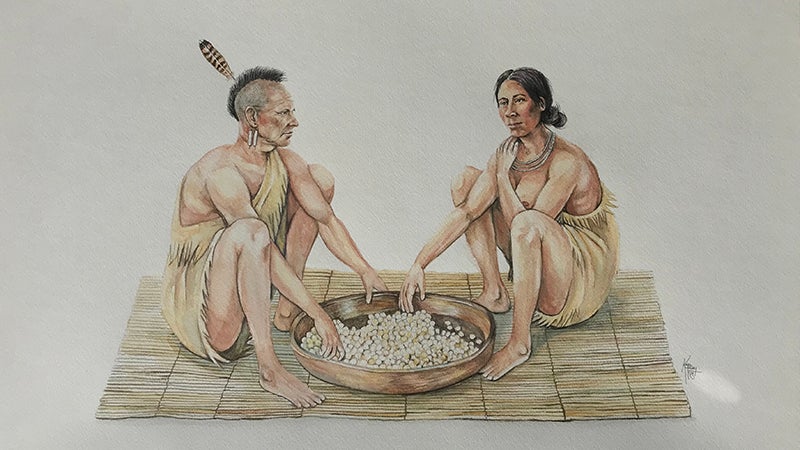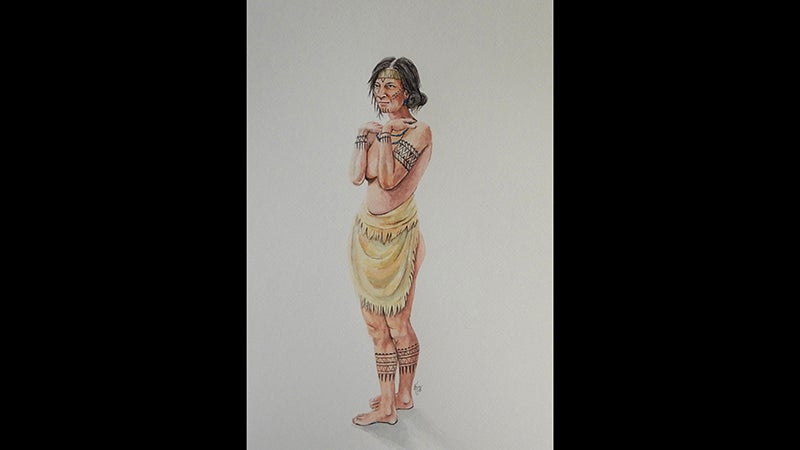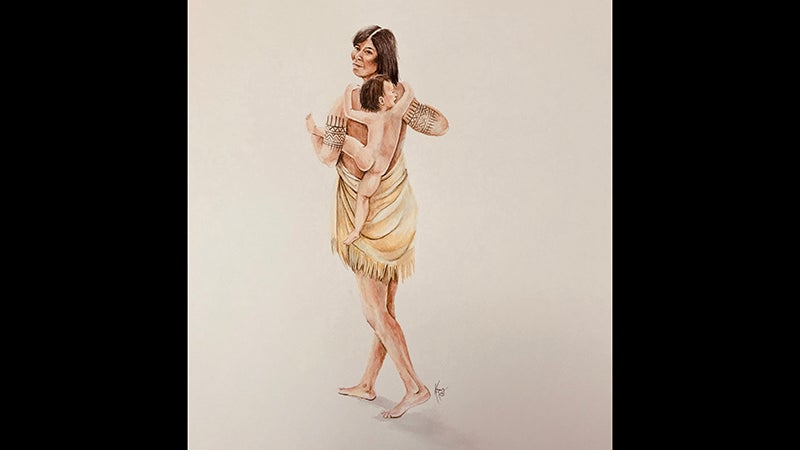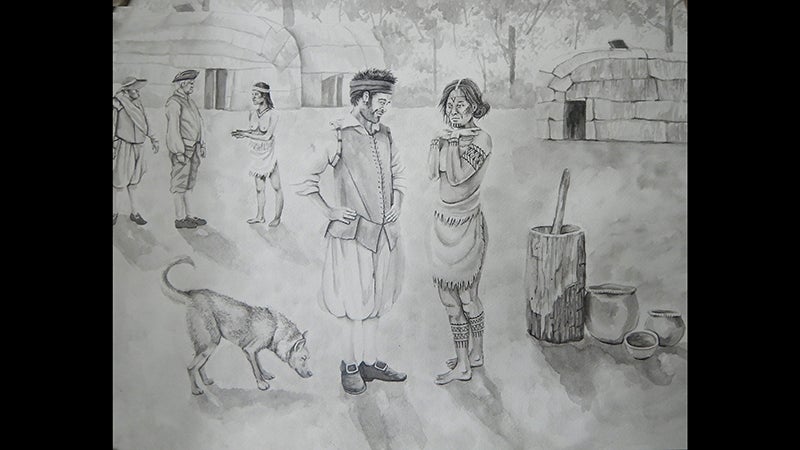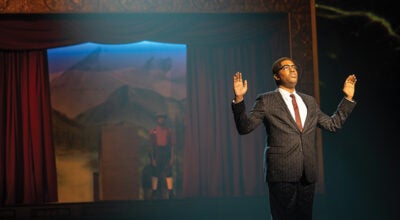Local author writes new book on N.C. tribes
Published 3:44 pm Wednesday, July 28, 2021
When it comes to anthropological research on the Indians of Southeast Virginia, perhaps no name is more recognizable than Dr. Helen Rountree.
Her more than 40 years of research has affirmed and supported the Virginia Indians and helped the tribes make the case for federal recognition, which they gained in 2018. She has written multiple books, scholarly articles and publications on these tribes.
Now, she has moved her research just a bit south and written a book about the Algonquian-speaking Indians of Northeastern North Carolina, after becoming frustrated that other anthropologists did not seem to be paying attention to that area.
“I kept hoping somebody would do it, but I’ve waited 40 years and nobody did anything, so I went out and did it,” she said.
Rountree is a native of Hampton Roads who earned her Bachelor of Arts degree in sociology and anthropology at the College of William & Mary and started her master’s degree work at the University of Utah. It was while there that she did some anthropological research on some tribes in Nevada and became very interested in researching how this continent’s indigenous population actually lived and describing that, rather than trying to fit them into preconceived — and oftentimes inaccurate — notions of how they lived.
Rountree went on to earn her doctorate degree in anthropology at the University of Wisconsin—Milwaukee and later moved back east and became a professor of anthropology at Old Dominion University.
Her interest in the Virginia tribes was stoked when she first connected with the Mattaponi tribe and embarked on writing a history of that tribe.
“None of us knew it was going to be a 50-year project,” she joked.
She has gone on to write multiple books about the Virginia Indians, particularly the Powhatan tribes. But all the while, she was keeping her eye on Northeastern North Carolina and becoming more and more frustrated that nobody was doing the same for them.
Finally, she took the project on, along with a co-author, Wesley D. Taukchiray.
Place names like Roanoke, Manteo, Wanchese and Chicamacomico still survive as a testament to the indigenous communities that thrived for generations along the North Carolina coast. Drawing on her decades of research, Rountree’s new book — “Manteo’s World: Native American Life in Carolina’s Sound Country before and after the Lost Colony” — explores their world before and after European colonization and reconstructs what it may have been like for the tribes as the stranded English settlers sought survival by merging into their communities.
“A lot of it would have been quite difficult for both sides,” Rountree said. “It would not have been an easy bunch of guests to take in.”
During her research, Rountree noted quite a few similarities with the Virginia tribes she has written so much about. The groups of tribes were related, after all. They were not nomadic, had the same basic way of making a living — a combination of farming, foraging and hunting — and had similar attitudes, for instance about family and children and about the objects they valued enough to trade.
Rountree said she is pleased that the tribes of Northeastern North Carolina now have their rightful place in her body of work.
“To be able to reconstruct the world they lived in … nobody has seriously tried in any depth before,” she said. “With my research, I was able to piece a lot of it together. It’s good to have that account out.”
The book is available now and can be purchased through uncpress.org or Amazon.



